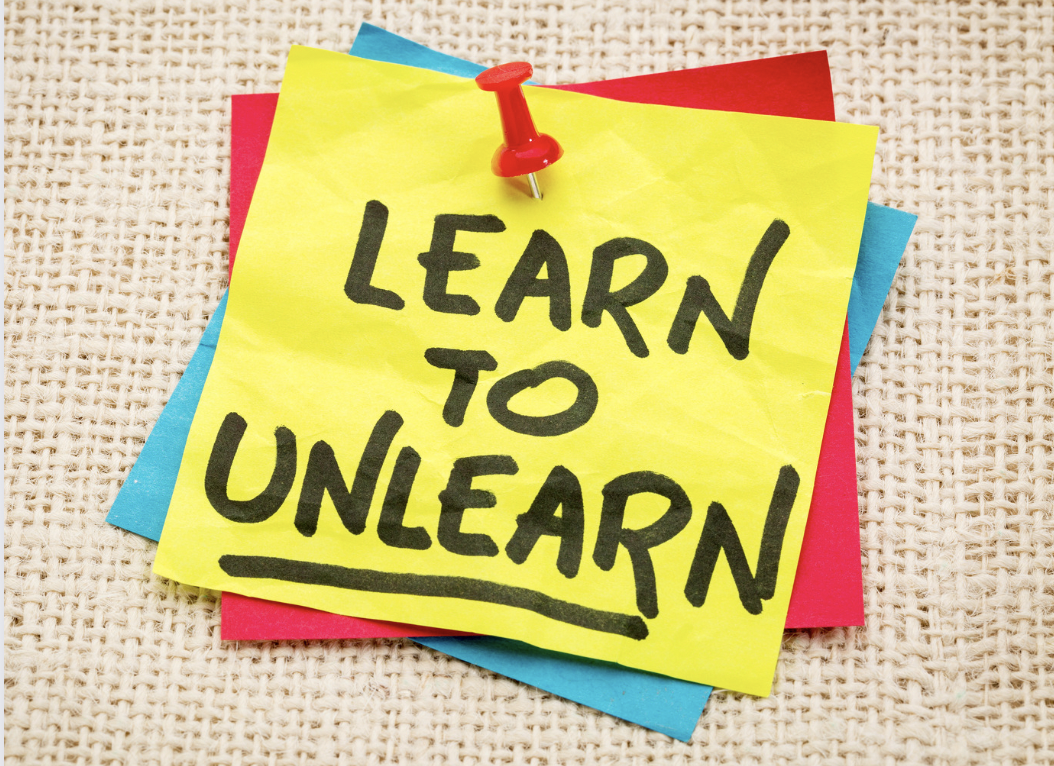As children, we learned a lot from our parents, who also learned from their parents. This creates a cycle of beliefs that may or may not be helpful as time passes. While the world changes around us, we must revisit the lessons we learned and consider if they still apply.
Why do we value life lessons so much? As we grow older and more mature, we identify goals that align with our values. Whether caring for our family or making a substantial impact on the community, we all are compelled to reach our goals to unlock our full potential.
What are some of our most common beliefs, and how can we unlearn them?
1. “Say sorry, even if it’s not your fault.”
For kids, owing someone an apology is a lesson in humility. But there are moments when children will be expected to say they’re sorry even if they didn’t make a mistake, just because it made others uncomfortable.
To unlearn this idea, we have to remember that we can’t fix other people’s mistakes all the time. We unintentionally accept responsibility for things out of our control by saying sorry.
2. “Failure is the opposite of success.”
We used to fear failure because we were taught it was the opposite of success. Failure is a part of success. There is dignity in starting over, and that’s because experience teaches us what we need to do differently. Failing in life and work should be treated as sources of wisdom, which, after all, is a trait in achieving our purpose.
3. “If you have nothing nice to say, don’t say anything at all.”
As adults, we are used to different social norms in the community, workplace, and home. We held our tongues since we were taught that it was bad manners to say something that could hurt others. However, it’s possible to make negative comments delivered compassionately. Each of us has our perspective, and offering a different opinion can also unlock other ideas in people.
4. “Aim for perfection.”
This might be the hardest lesson to unlearn, especially if we were surrounded by high-performing individuals and exposed to significant and influential personalities. We can let go of the idea that only perfection gets the awards. We have to believe that everything has value, no matter how small. Progress matters more, so we should be motivated by the journey, not the destination.
5. “Opportunity knocks only once.”
The most important lesson whenever we say no is that timing and the right people matter. Saying yes to every opportunity will spread us thin, and burnout is the last thing we want to be when we are on our way to achieving our goals. Opportunity knocks all the time, but we must be ready when they come. To unlearn the idea that we are losing good opportunities, we must start believing that we get what we put in. Therefore, how we deal with each opportunity will determine the outcome, not the opportunity itself.
Learning and unlearning
Childhood lessons stick for a reason: we need good foundations and belief systems to grow up as healthy adults. But whatever we learn at a young age may serve us differently when we grow old. Our kids and communities may benefit more from understanding that whatever we were taught can be open to change, and diversity in ideas can help us move forward to being our best selves.

